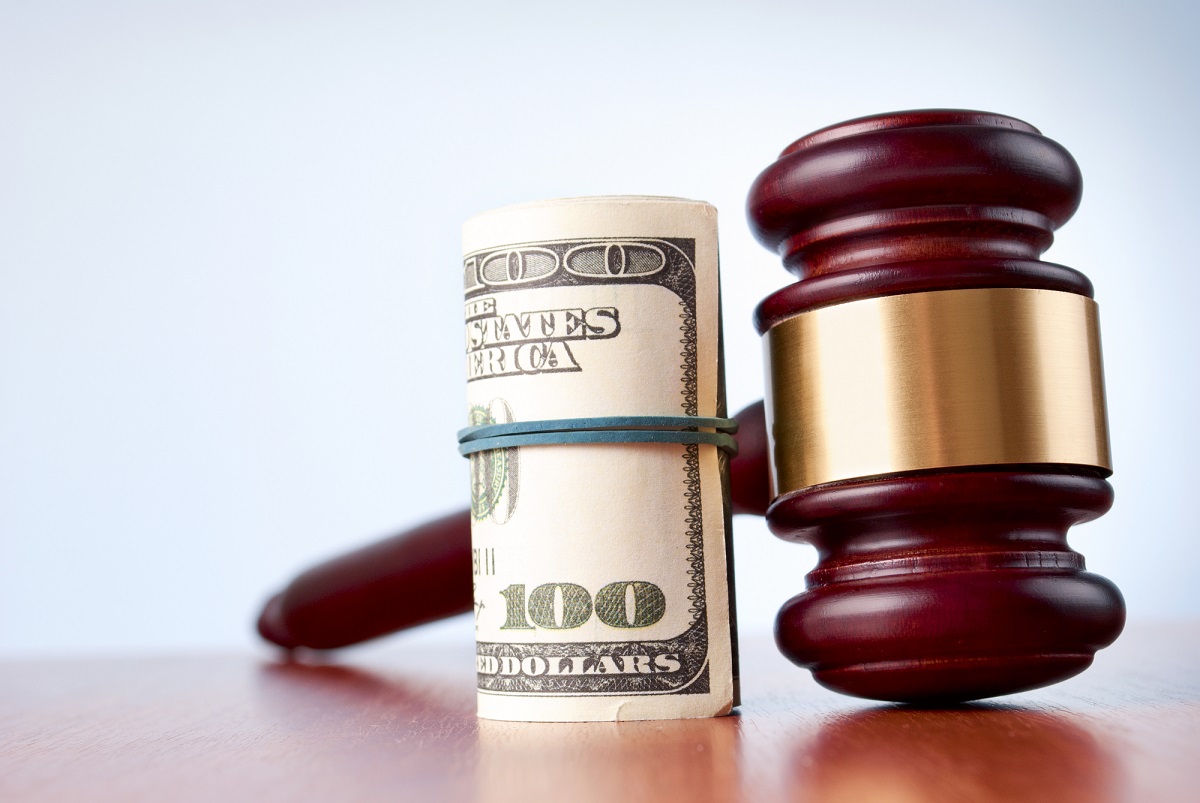Comprehending Just How Bail Bonds Work to Protect Your Freedom Throughout Legal Procedures
In the elaborate web of legal process, comprehending the subtleties of bail bonds is vital for anyone dealing with costs. Bail bonds offer as a crucial mechanism, enabling accuseds to safeguard temporary freedom while awaiting trial. This monetary setup not just emphasizes the importance of appearing in court but also introduces layers of complexity with the participation of a bondsman. While the prompt alleviation of release from guardianship is appealing, the underlying legal and monetary ramifications demand cautious consideration. What are these implications, and how do they influence the journey through the justice system?
The Purpose of Bail Bonds
Recognizing the function of bail bonds is essential in the context of the criminal justice system. Bail bonds function as an economic guarantee that an implicated individual will certainly return for their court process after being briefly launched from custody. This device help in balancing the presumption of virtue-- an essential principle in the legal system-- against the demand to make certain public security and the orderly management of justice.
Bail bonds are designed to stop overcrowding in prisons by permitting offenders who are not thought about a risk to society the possibility to await test outside prison walls. They supply a service for people who may not have the immediate monetary sources to upload bail. By entailing a bail bond agent or firm, defendants can safeguard their release with a third-party guarantor, that vows the full bail quantity to the court, usually for a cost
This system also emphasizes the importance of accountability, as it encourages defendants to abide by lawful obligations. Failure to appear in court can bring about extreme consequences, including the loss of the bond and added legal charges. Hence, bail bonds play a pivotal role in taking care of both individual flexibilities and the sensible demands of the judicial process.
Exactly How Bail Bonds Operate
When navigating the details of bail bonds, it's necessary to recognize their functional auto mechanics. Essentially, a bail bond works as a surety, making sure that an accused shows up in court after being launched from wardship. The procedure starts when an individual, generally a household or the accused participant, comes close to a bail bond firm to safeguard launch from prison. The company, consequently, bills a non-refundable fee, normally a portion of the overall bail amount set by the court.
If the accused complies, the bond is dissolved at the end of the legal procedures. If the offender fails to show up, the court might forfeit the bond, needing the firm to pay the full bail quantity.
This system allows accuseds to continue to be totally free while waiting for test without paying the complete bail upfront, thus alleviating economic burdens. Comprehending these characteristics is crucial for anybody associated with legal process needing bail.

Duty of a Bondsman
The bail bondsmansman functions as an essential intermediary in between the defendant and the court system, helping with the release of individuals from custody (bail bonds mansfield ohio). Acting as an intermediary, the bail bondsman offers a monetary warranty to the court on behalf of the accused, ensuring that the defendant will certainly stand for all scheduled court proceedings. This function is crucial in preserving the equilibrium in between an individual's right to freedom and the judicial system's demand to make certain compliance with legal responsibilities
Bail bondsmen examine the risk associated with each potential client. Upon approving the instance, the bail bondsman needs a non-refundable premium, which is normally a percent of the complete bail amount set by the court.
Furthermore, bail bondsmensman have the authority to give up an accused and collar to the court if they break bail problems. This authority emphasizes the bondsman's critical role in promoting judicial procedures while supplying accuseds with the opportunity to prepare their protection beyond protection.
Financial Ramifications of Bail
Beyond the bail bondsman's role in the judicial process, the economic implications of bail substantially impact both accuseds and their family members. The key option for lots of is to involve a bond bondsman, who normally calls for a non-refundable fee, typically around 10% of the overall bail quantity.
The inability to satisfy bail problems can cause prolonged detention, impacting work and family members security. For those who can pay the full bail amount directly, the funds are returned after the legal procedures, gave all court appearances are met. However, binding big amounts of cash can stress individual funds and liquidity.
Furthermore, collateral could be required for protecting a bail bond, taking the chance of loss of assets such as residential property or cars. This security is surrendered if the accused stops working click to read more to show up in court, worsening the monetary circumstance. Therefore, comprehending the monetary effects of bail is essential find here for making informed decisions throughout lawful procedures.
Legal Obligations and Considerations

Typically, the bond representative requires a costs, typically a percent of the overall bail quantity, which is non-refundable. The co-signer, or indemnitor, assumes economic responsibility for the complete bail quantity if the defendant stops working to appear in court.

Final Thought
In final thought, bail bonds offer as an important device within the legal system, supplying defendants the chance to continue to be totally free while waiting for test. Understanding the ramifications and responsibilities of bail bonds is vital for browsing the complexities of legal proceedings properly.
By involving a bail bond agent or business, offenders can secure their release with a third-party guarantor, that vows the complete bail amount to the court, usually for a charge.
If the accused fails to appear, the court might forfeit the use this link bond, needing the firm to pay the complete bail quantity. Upon approving the instance, the bail bondsman calls for a non-refundable premium, which is normally a percent of the complete bail quantity set by the court. The key alternative for several is to engage a bond bondsman, that typically requires a non-refundable fee, normally around 10% of the overall bail amount.In conclusion, bail bonds serve as an important system within the legal system, providing accuseds the opportunity to remain totally free while awaiting test.